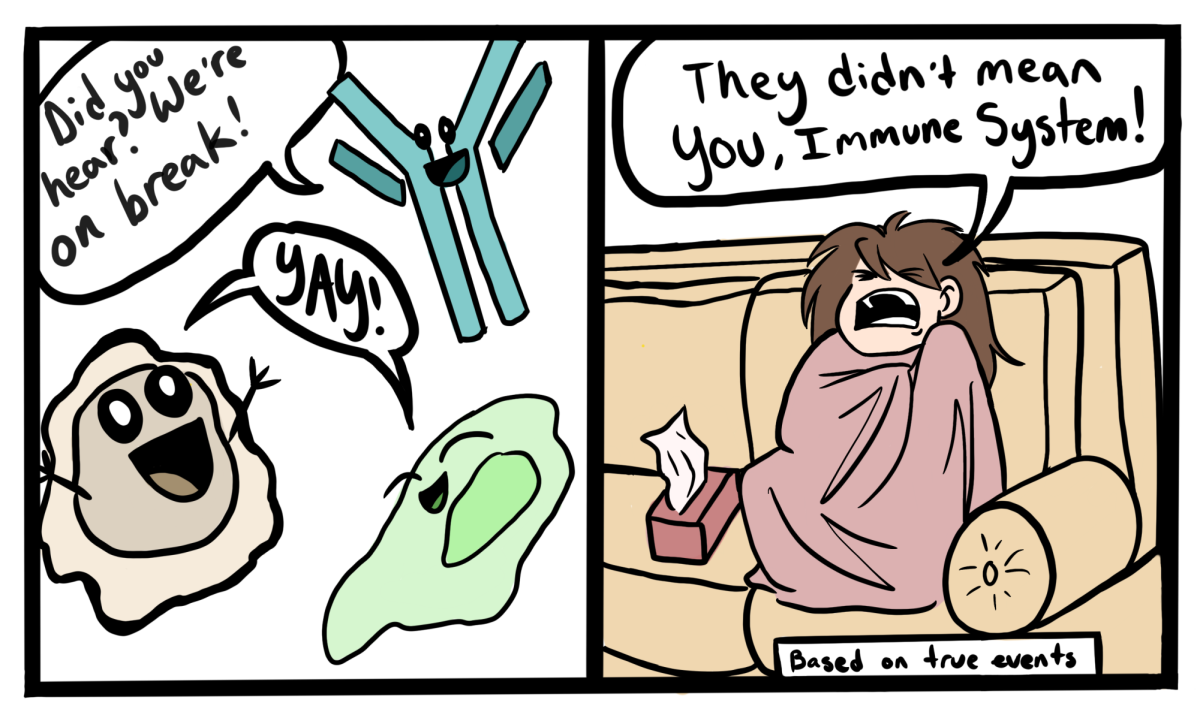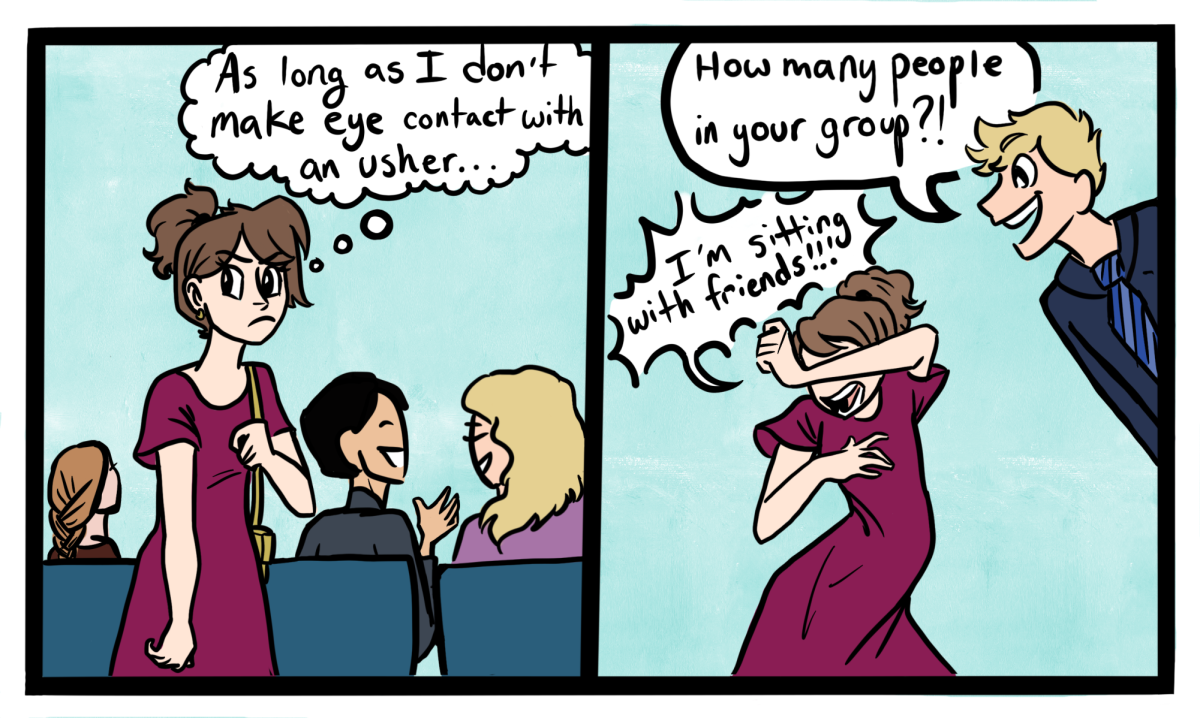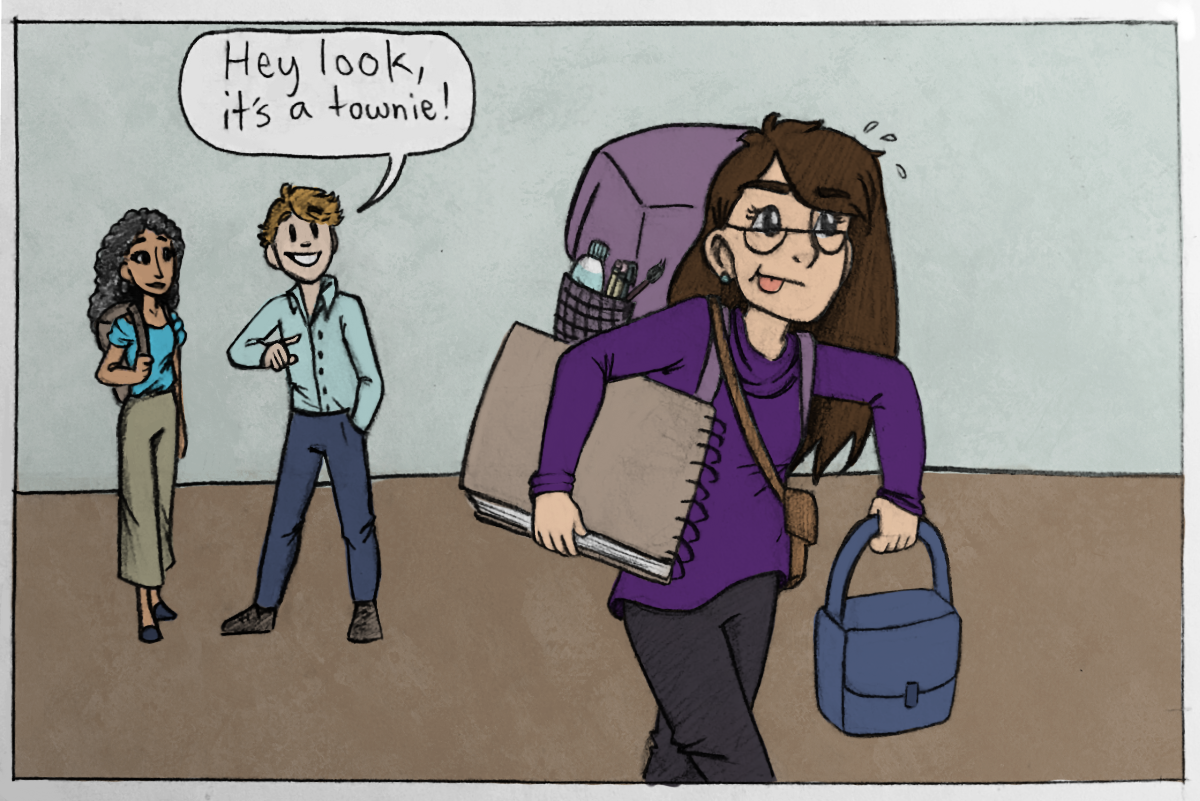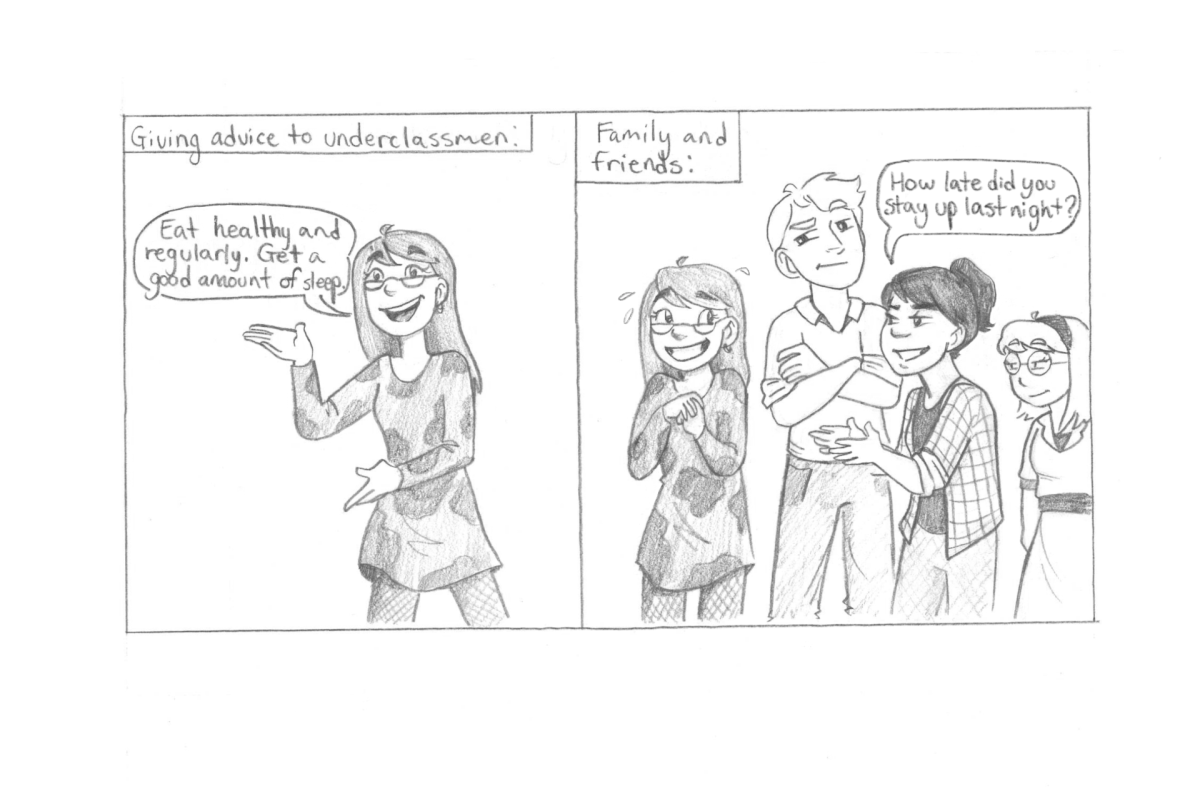The pandemic brought loss. Whether that was the loss of a loved one, loss of a job or simply loss of stability, COVID-19 and its ripple effects shook our world. The American Psychological Association warned of a “growing national mental health crisis” in October 2020 following this loss. Now in 2021, many people are returning to what they hope is a normal life—but with newly acquired or worsened mental health problems. We must be prepared to deal with the mental health crisis seeded by the pandemic.
As Christians, the first place we should look for direction on mental health issues is the Bible. A prominent example of loss in the Bible is the life of Job. But for those of us looking for advice on how to help someone like Job, his story provides some distinctly negative examples—Job’s friends, the “miserable comforters” (Job 16:2). Miserable though they may have been, we can learn both what to do and what not to do from Job’s friends.
We recognize Job’s friends gave bad advice. But before they spoke, Job’s friends sat with him in silence, for a whole week (Job 2:11-13). In fact, they “made an appointment together” to mourn with him and comfort him. They took the admonishment “weep with them that weep” (Rom. 12:15) very seriously. We should not forget or discount the good we can do for our friends by simply weeping with them or sitting with them in support.
But after a week of silence, Job’s friends went from fellow mourners to miserable counselors. Although they did wait for Job himself to break the silence (Job 3), they were quick to give their own opinions, and not God’s truth, on Job’s grief and what he should do about it.
Job’s friend Eliphaz started by telling him to be more optimistic (Job 5). Although we should tell one another to “rejoice in the Lord always” (Phil. 4:4), we must remember timing is important. Proverbs 25:11 tells us “a word fitly spoken” is valuable, even beautiful. Making a friend feel guilty for being unable to maintain a positive outlook will only add to their burden. There is a time for everything—including weeping (Ecc. 3:1-4).
Another of Job’s counselors, Bildad, may have grown impatient over the week of silence. He decided to fix Job’s problem himself by telling him to repent because his suffering must be caused by sin (Job 8). Although he seemed to blame Job for problems he couldn’t have changed, Bildad did care about Job—again, he sat with him for a week. Bildad’s mistake came from trying to simplify Job’s problem to find a quick fix.
We care a lot about our friends and family who struggle with things like depression and anxiety. Like Bildad, we are willing to sit in silence with them for their weeks—to pray with them when they need help fighting off suicidal thoughts, to eat with them when they’re too anxious to eat alone or to cry with them when a depressive episode keeps them from reaching their goals. But like Bildad, we can also become impatient and try to solve their problems with our own perceived solutions.
Although there is no perfect formula for dealing with mental health problems or emotional trouble, we learn a few valuable lessons from Job’s friends. Simple support is always a good place to start with our friends in need. Praying for wisdom in how we respond can be the difference between a word fitly spoken and an extra burden for a suffering friend. And we should never try to force our own timetable on our friends’ problems.
As Christians, we can and should use our community to support those in suffering. And we do this most effectively when we practice patience and discernment.

















































